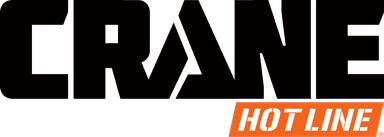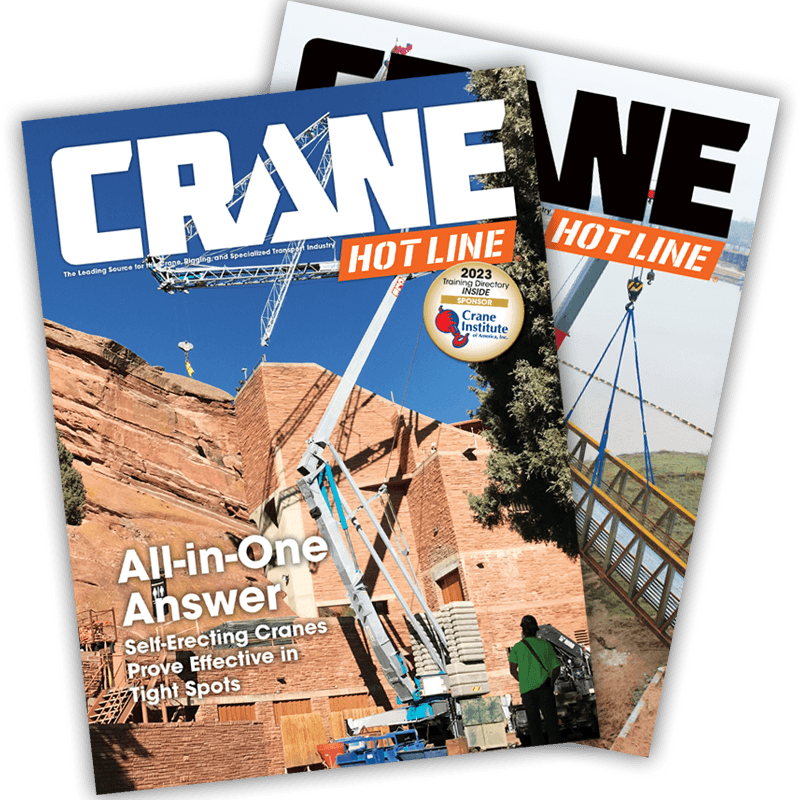Role Reversal
November 2, 2005

Tracy Bennett
Suddenly, I understood what it's like to be on that end of the phone interview. It felt like a sprint to the finish; however, I wasn't totally sure where the finish line was. You see the problem was that I didn't have a clear idea of what the reporter was trying to accomplish with her story. I didn't know the angle or the purpose. So I spent a lot of time telling her about myself, without first asking what it was she was looking for.
As a result, I learned a little something about how to do my own job better. The opportunity to be interviewed also inspired me to share with you some inside tips on working with the media to your best advantage. If you follow a few simple guidelines, you can make the most of your relationship with the press.
- The trade press is your friend. Although most of us are not lifting equipment owners, trade magazine editors are as much a part of this industry as you are. We celebrate the good times, grieve the losses, and worry over the market — just as you do.
- Trade press editors want to tell your story, but they need your help to do it. Too often the industry people we interview fail to communicate in typical Dilbert™ fashion. Corporate speak gets you nowhere. The more credible and candid you are with us, the easier it is for us to understand what's important to you. During a ConExpo press conference earlier this year, I was pleasantly surprised at the honest presentation made by the chairman and CEO of one large manufacturer. In straightforward detail, he simply shared the company's goals, market position, strengths and weaknesses. I appreciated his honestly, and came away with a much more enlightened understanding of the company.
- Getting editorial coverage isn't just for the big companies. In many cases, there is no need for an official press release. A quick e-mail to an editor outlining what it is you have to say is often all it takes. When the editor replies, set up an appointment time to talk. The reverse is also true. When an editor seeks you out, he or she often doesn't need formal materials. But with a little prep work on the part of both parties, an interview need not last more than 15 minutes.
- We don't want to buy your product or service ourselves, but we do want to help you sell it. However, you can skip the sales pitch. Tell us something that's not on your company website or in your brochures.
- Share your resources. Within any given organization there are people with expertise who are afraid the boss won't appreciate them sharing their knowledge. Editors want to talk to more than just the marketing person. Companies that make their middle managers accessible get more press. One company in our industry actually makes lists of department managers, including direct lines and email addresses, available to editors! That's a gift far more valuable than a hat or mug with the company's logo on it.
- Press coverage contributes to market perceptions of your company. The benefit of editorial coverage • such as equipment reviews or Q&A interviews with those department leaders mentioned above • lends third-party credibility to your company. And third-party credibility means more than repeat business. It establishes your company as one to watch by competitors or vendors looking to make strategic alliances, by financial institutions with capital to give, by local or state legislators, even prospective job seeks and current employees.
So the next time an editor calls you for an interview, expect her to be clear about her objectives so that you, in turn, can be clear about yours.
By the way, after weeks of looking for the story on business-to-business publishing to run (and ultimately missing it), a friend forwarded the article to me. I stopped everything to read it, scanning the print for my name. I finally found it • one measly quote buried at the bottom. I guess in all my blathering the reporter was able to salvage one worthwhile comment that didn't make me sound stupid. Remind me to thank her.


